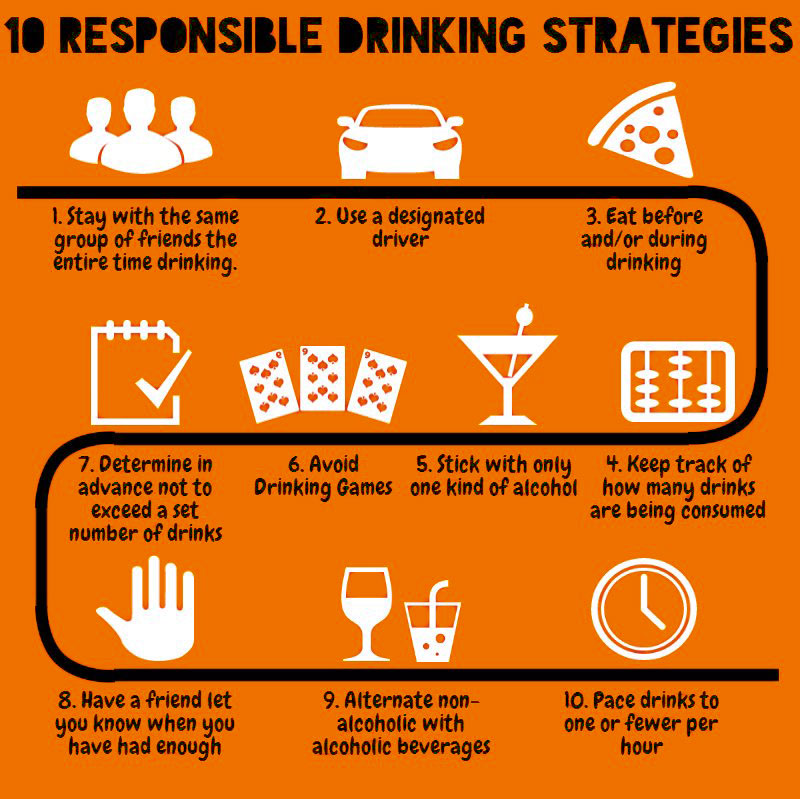Uncover the unseen forces at play when it comes to intoxication and beer consumption. What influences our drinking habits?

Image courtesy of Anete Lusina via Pexels
Table of Contents
Have you ever found yourself wondering how many beers it takes to get drunk? It’s a common question that many individuals ponder when it comes to alcohol consumption. While the answer may vary from person to person, there are several key factors that play a role in determining intoxication levels. In this blog post, we will delve into the science behind alcohol metabolism, individual tolerance levels, and various factors influencing intoxication.
Alcohol Metabolism
Alcohol metabolism is a complex process that occurs in the body after consuming alcoholic beverages. When you drink a beer, the ethanol in the drink is absorbed into your bloodstream through the stomach and small intestine. Your liver then breaks down the alcohol into acetaldehyde and eventually into acetate, which is further metabolized into carbon dioxide and water. This process helps to eliminate alcohol from your body.
However, the rate at which alcohol is metabolized can vary depending on several factors. Gender, weight, genetics, and overall health can all influence how quickly your body breaks down alcohol. Additionally, your blood alcohol concentration (BAC) plays a crucial role in determining the level of intoxication you experience. The higher your BAC, the more impaired you are likely to be.
Individual Tolerance Levels
individual tolerance levels to alcohol can vary greatly from person to person. Factors such as age, drinking history, and overall health can all impact how well a person can handle alcohol. For example, someone who drinks regularly may have a higher tolerance than someone who rarely consumes alcohol. Likewise, younger individuals tend to have lower tolerance levels compared to older adults.
Understanding your own tolerance to alcohol is essential in determining how many beers it may take for you to get drunk. It’s important to recognize that everyone is different, and what may cause intoxication in one person may not have the same effect on another. By being aware of your own limits and drinking responsibly, you can help prevent adverse effects of alcohol consumption.
Various Factors Influencing Intoxication
Aside from individual factors, there are several external influences that can affect how drunk you may get from drinking beer. For instance, consuming food while drinking can help slow down the absorption of alcohol into your bloodstream, potentially reducing the effects of intoxication. Staying hydrated by drinking water in between alcoholic beverages can also aid in minimizing the impact of alcohol on your body.

Image courtesy of via Google Images
Furthermore, mixing alcohol with other substances, such as medications or illicit drugs, can have dangerous consequences and increase the risk of overdose or adverse reactions. It’s crucial to be mindful of what you are consuming and to avoid combining alcohol with substances that can potentially worsen its effects.
Conclusion
Understanding the science behind alcohol metabolism, individual tolerance levels, and various factors influencing intoxication can help shed light on the question of how many beers it takes to get drunk. By educating yourself on these key factors, you can make more informed decisions about your alcohol consumption and ensure that you drink responsibly.
Remember, knowing your own limits and setting boundaries when it comes to alcohol consumption is crucial for your health and well-being. If you ever find yourself questioning how many beers it may take for you to get drunk, it’s essential to listen to your body and prioritize your safety above all else.
Ultimately, the key to responsible drinking lies in being informed, aware, and mindful of the effects that alcohol can have on your body. By unlocking the mystery behind intoxication and beer consumption, you can take proactive steps to prioritize your health and well-being when it comes to drinking alcohol.
Frequently Asked Questions
How does alcohol metabolism differ between individuals?
Answer 1: Alcohol metabolism varies based on factors such as gender, weight, genetics, and overall health. These factors influence how quickly alcohol is broken down in the body, impacting intoxication levels.
Is there a set number of beers that will make everyone drunk?
Answer 2: The number of beers required to get drunk varies from person to person due to individual tolerance levels, drinking history, age, and other factors. It is important to know your own limits and drink responsibly.
How can I prevent getting too intoxicated when drinking beer?
Answer 3: To prevent excessive intoxication, consider consuming food while drinking, staying hydrated with water between alcoholic beverages, and avoiding mixing alcohol with other substances like medications or drugs.
What should I do if I feel too drunk after consuming beer?
Answer 4: If you feel overly intoxicated after drinking beer, prioritize your safety by stopping further alcohol consumption, remaining hydrated, and seeking assistance if necessary. It’s essential to listen to your body and take care of yourself in such situations.
Generated by Texta.ai Blog Automation
Leave a Reply